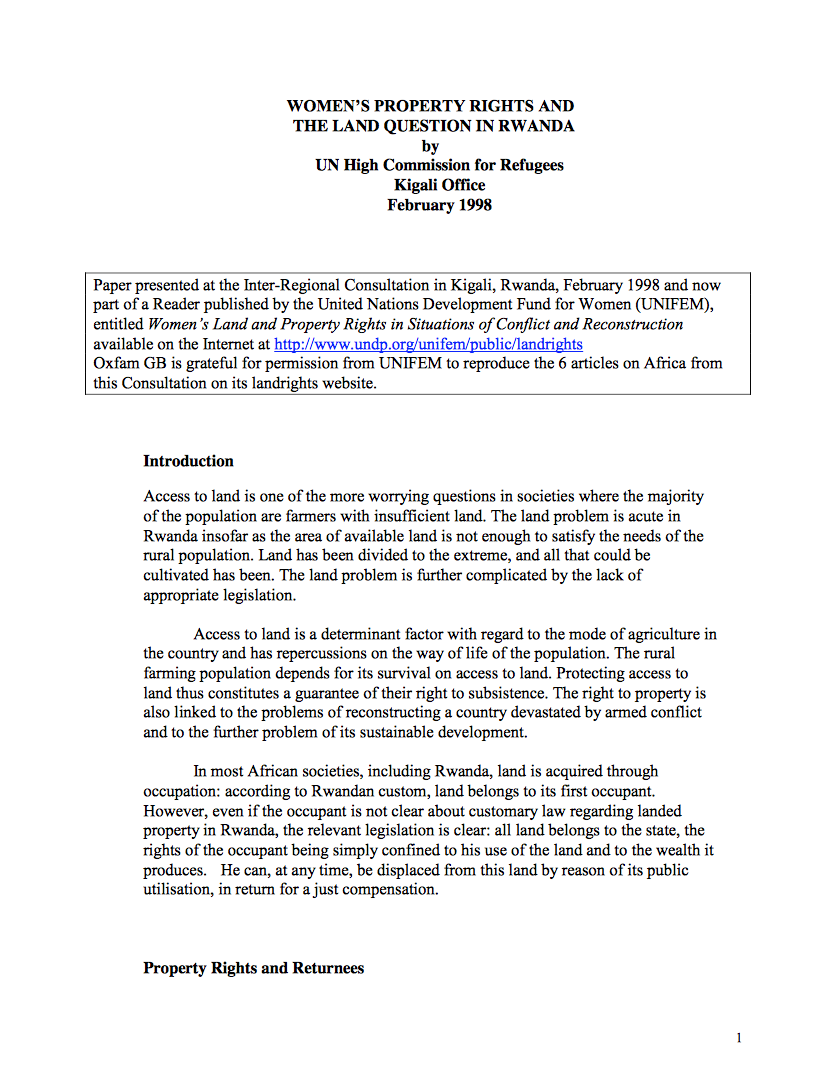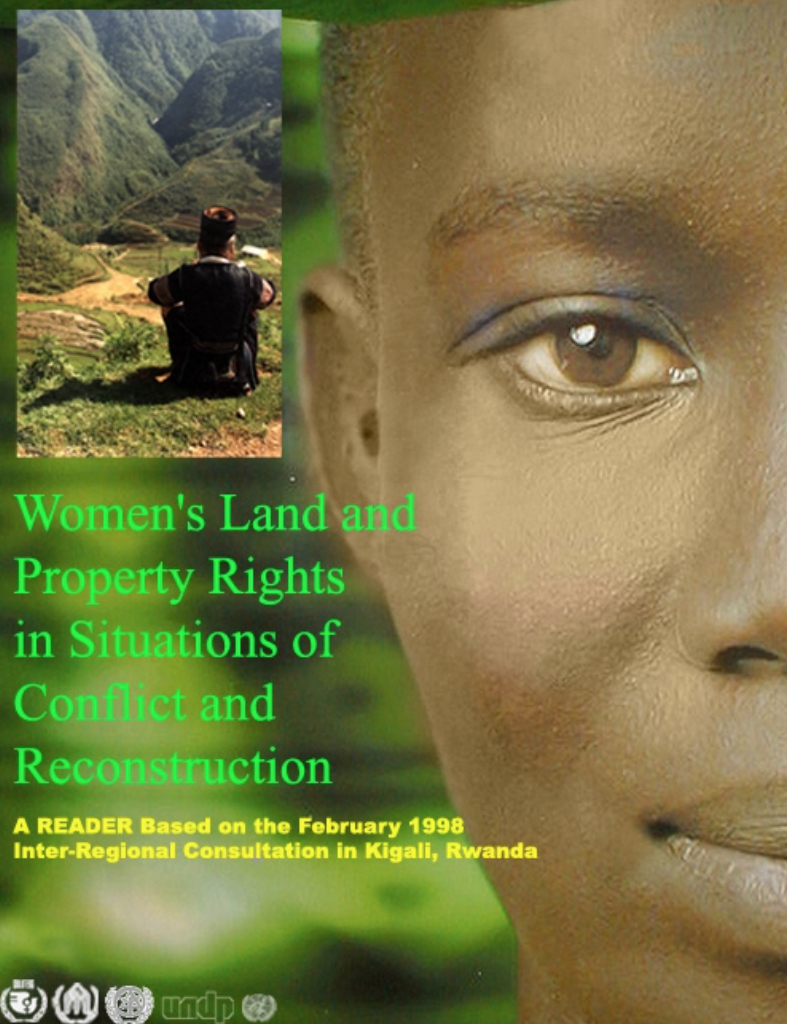Working women in an urban setting
Data collected from a 1997 household survey carried out in Accra, Ghana, are used to look at the crucial role that women play as income earners and in securing access to food in urban areas. The high number of female-headed households and the large percent of working women in the sample provide a good backdrop for looking at how women earn and spend income differently than men in an urban area. Livelihood strategies for both men and women are predominantly labor based and dependent on social networks.




